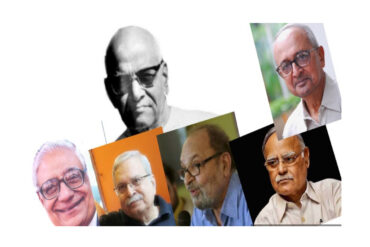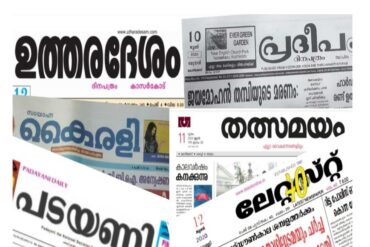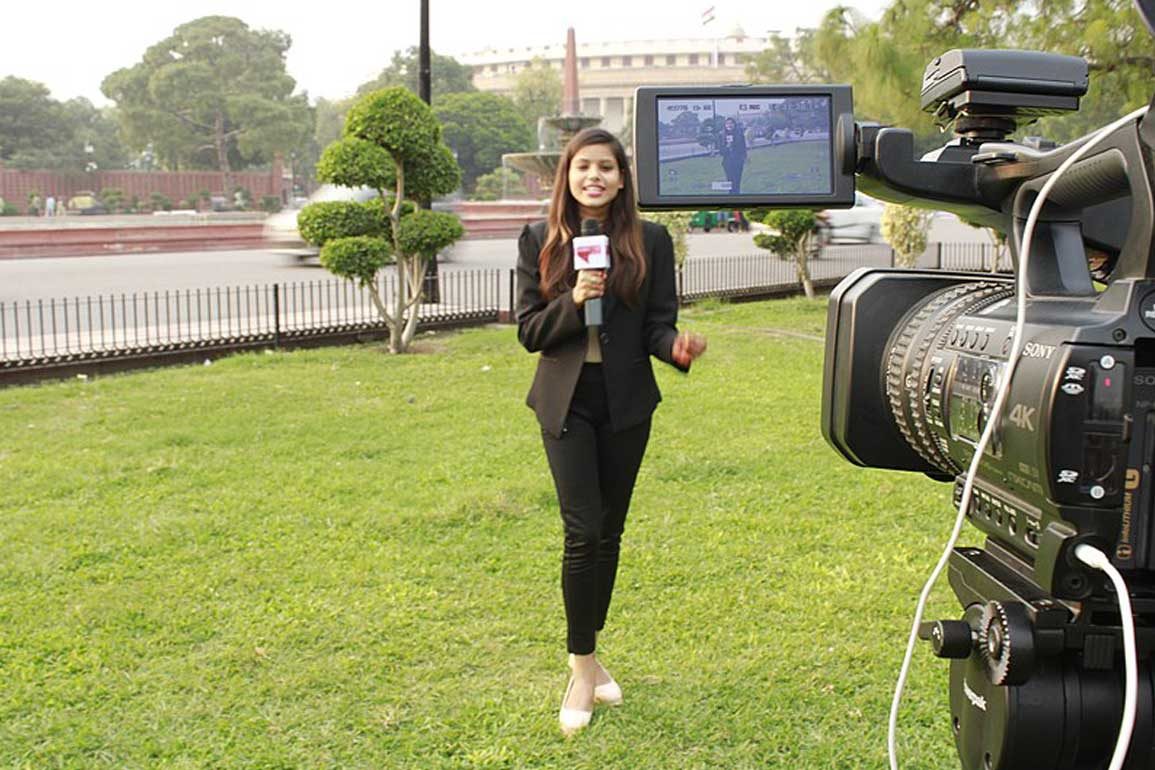Even before technological developments began making inroads into print journalism, the big bosses at the helm in majority of the media organisations had started to crack the whip on journalists on one pretext or the other. And this was purposely done to make them quit on their own. Less said the better about the plight of journalists after wage board recommendations.
Since 1955, the government had constituted six wage boards for journalists and non-journalists. Sadly, only a few stuck to it while a major chunk of the media organisations started to convert regular employees into contract staff. Pressure was mounted on them to voluntarily accept their demand or face the music. In fact, there were threas to their jobs by way of transfer to far off branches. Journalists with trade union connections became the subject of surveillance by the management and they anxiously waited for the right moment to make the move in showing the door to them on flimsy reasons.
All was not well for the journalists as they had to work with the Damocles’ sword hanging over their heads. Leading media organisations took freshers on contract system for two years with a condition of one month’s notice from either side. This spelt doom for journalists as there was uncertainty over jobs. Quite often, the editors, who weren’t on their wave length were sacked. No gainsaying the fact that good work hardly gets recognised from the management. To be precise, journalism sans fear or favour took a back seat with media houses giving thrust on revenue generation through marketing.
I fully endorse the views expressed by veteran journalist N P Chekkutty in bringing to the fore the core problem of print media in particular, now facing the onslaught of electronic media and online papers. No doubt, the next generation journalism will be online.
Journalists like me have come across the unceremonious exit of many stalwarts from leading newspapers which does not augur well for print media. Things have now changed for the worse with even editors dancing to the tunes of the management. Sadly, anti-establishment stories have been given a go-by and instead, newspapers have started promotional stories and space marketing features. For reasons of survival, journalists too concentrate on soft stories thereby giving a goodbye to controversial stories.
The nationwide lockdown has put a spoke in the wheels of print media houses with circulation of papers being curtailed to a large extent. Truly, lockdown has shown the media houses the readers’ preference. A post by The Hindu on FB recently had over 2 lakh comments mostly against the paper. It’s time for the print media houses to pull up their socks in tune with the emerging technological advancements in reaching out to readers and viewers through a different mode. Time alone can tell the fate of journalism and journalists.
M Rafi Ahmed, Former Chief Reporter, The New Indian Express and Deccan Chronicle







